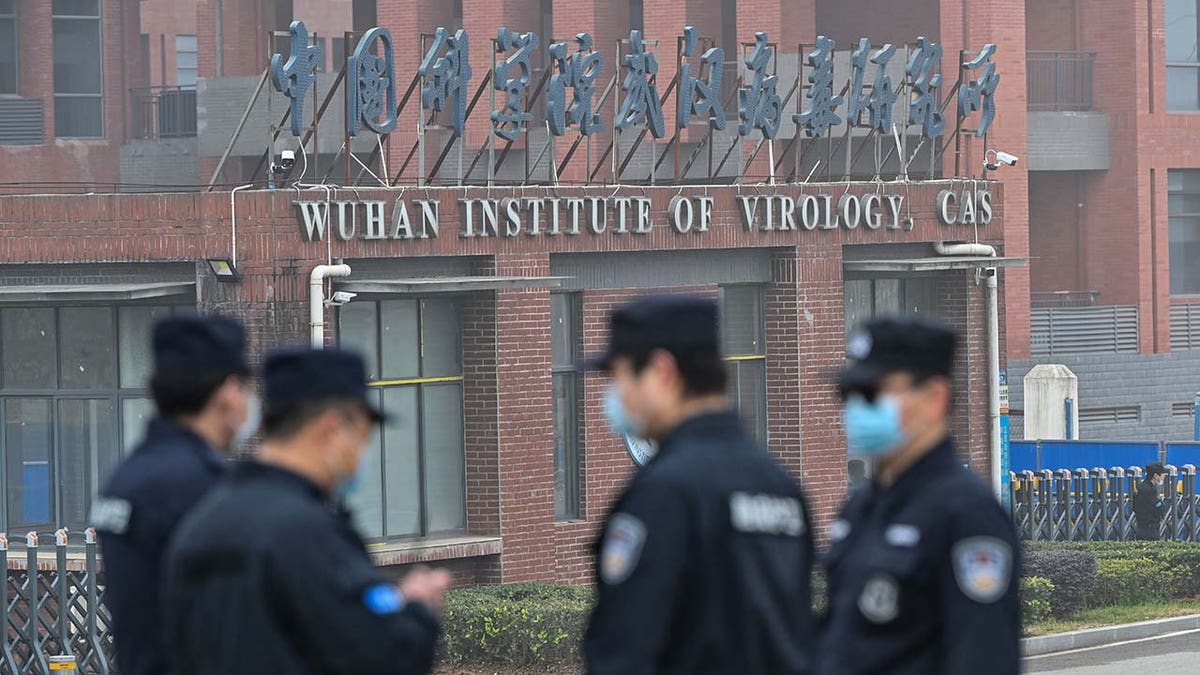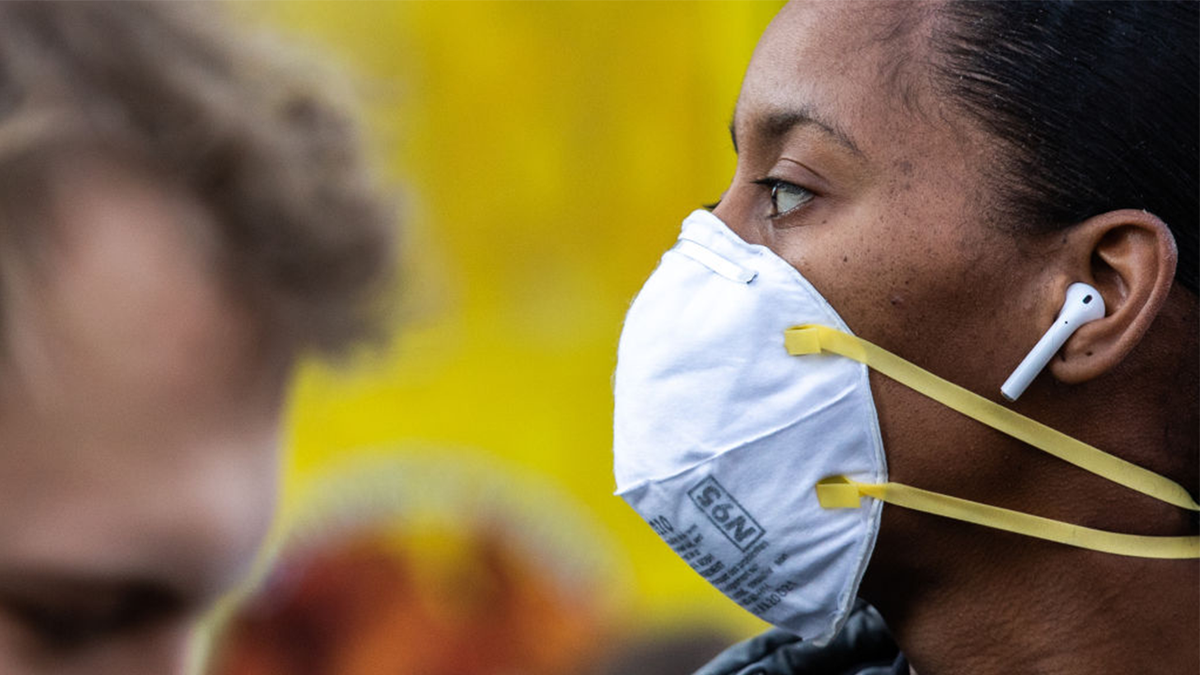A newly released congressional report concludes a two-year investigation into the COVID-19 pandemic, pointing to a likely lab origin in Wuhan, China, and questioning the scientific basis for measures like social distancing and masking.
The 520-page report from the Select Subcommittee on the Coronavirus Pandemic asserts that COVID-19 "most likely emerged from a laboratory in Wuhan, China." This conclusion is supported by the identification of a unique biological characteristic of the virus not found in nature, and data suggesting all COVID-19 cases originated from a single introduction to humans. The report emphasizes the lack of evidence supporting a natural origin, stating, "By nearly all measures of science, if there was evidence of a natural origin it would have already surfaced."

Security personnel outside the Wuhan Institute of Virology. (Hector Retamal/AFP via Getty Images)
The report highlights Wuhan's status as home to China's leading SARS research lab, known for conducting gain-of-function research. It also mentions reports of researchers at the lab falling ill with COVID-like symptoms in the fall of 2019, predating the official discovery of the virus at the wet market. While initial speculation focused on wet markets as the origin, the report dismisses this theory.

The report found no conclusive evidence supporting mask efficacy. (Getty Images, File)
Furthermore, the report challenges the scientific grounding of social distancing measures. It cites Dr. Anthony Fauci's testimony that the guidance "sort of just appeared." The report also finds "no conclusive evidence" that mask-wearing provided protection against COVID-19.

Dr. Anthony Fauci, former White House Chief Medical Advisor. (SAUL LOEB/AFP via Getty Images, File)
The report concludes by highlighting the lasting consequences of the pandemic response, including soaring unemployment and significant setbacks in children's education.
Comments(0)
Top Comments